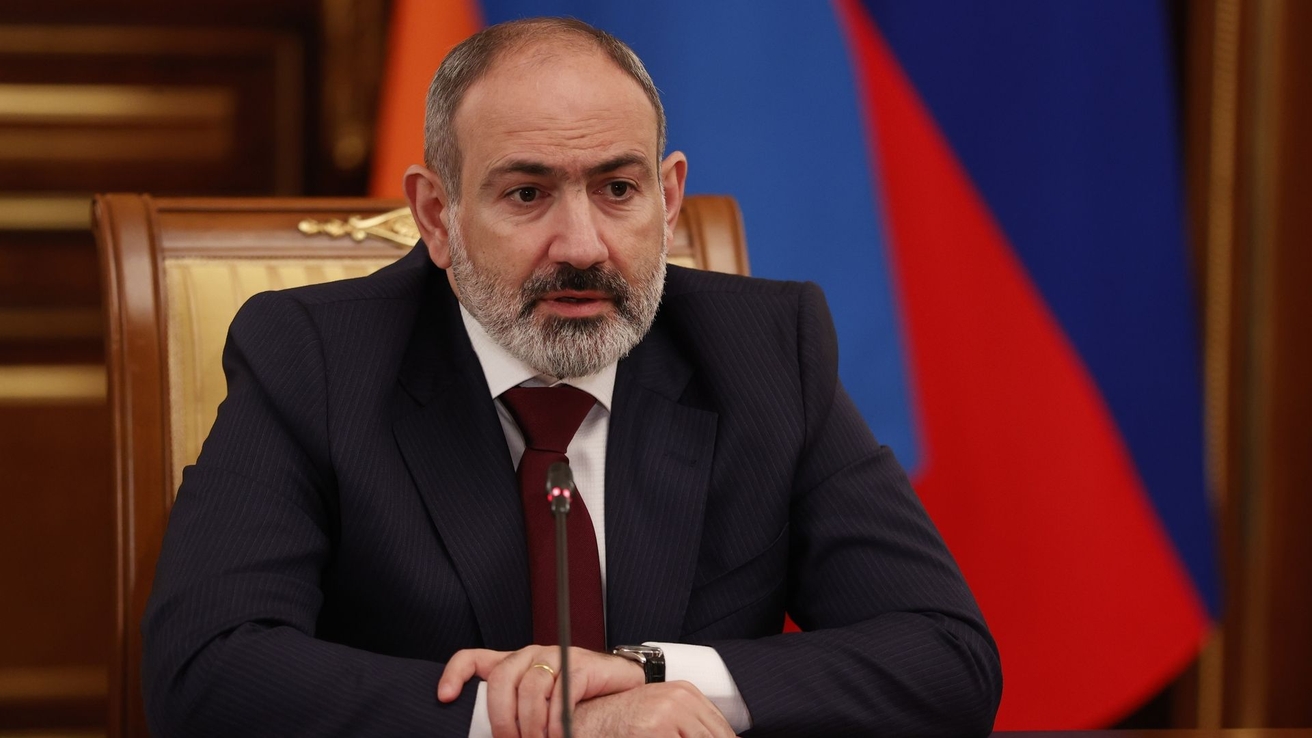Prime Minister of Armenia Nikol Pashinyan has boasted for five years about his political party’s fair conduct in elections, blaming the former leaders of carrying out fraudulent elections. As the proverb says, “People who live in glass houses shouldn’t throw stones.”
Pashinyan has used the considerable resources of his government to gain an unfair advantage over his political opponents during local and parliamentary elections. Nevertheless, some of the opposition candidates, following their election to a public office, are removed after being arrested, tried and jailed by pro-Pashinyan judges.
A recent example of fraud carried out by Pashinyan’s political party is the September 17, 2023 elections for the City Council of Yerevan. After ousting his own party member Hayk Marutyan from the position of mayor for daring to criticize the ruling party, Pashinyan planned to replace him with former Deputy Prime Minister Tigran Avinyan.
Pashinyan’s backers resorted to a typical fundraising trick to ensure that Avinyan, who had little public support, becomes the Mayor of Yerevan. To accomplish their objective, they raised over one million dollars in campaign funds from mysterious individuals under fake names, an investigation revealed.
Infocom.am journalists contacted many of the names on the donors’ list and found out that some of them were fake.
The scandal starts with a Pashinyan supporter borrowing the ID card of a friend to donate using her name 2.5 million dram ($6,200), the maximum amount allowed by law, to Pashinyan’s political party, Civil Contract. This lady’s ID card was used to hide the real donor’s name. Unbeknownst to her, she was listed as a large donor to Pashinyan’s party. The fraudulent transaction took place on July 31, 2023, hours before a fundraising event held later that evening during which Pashinyan’s party claimed that 987 donors had raised over one million dollars (506 million dram), for the City Council race.
When asked by the media, Pashinyan’s political party refused to make the donors’ names public. Only after the Freedom of Information Center filed a lawsuit, the party disclosed the list of donors with fake names on January 12, 2024. The list included 996 names who had donated nearly $1.3 million (509 million dram) to the campaign.
When the lady, who was reported as donating 2.5 million dram, saw her name on the donors’ list, she was very upset. Infocom.am contacted other names on the donors’ list. Many of them were surprised that their names were used as donors to a political campaign. 87% of the donors were listed as donating over a million dram each, 70% of whom (140 individuals) were listed as donating the maximum amount of 2.5 million dram. Among the large donors were 88 candidates for City Council from the ruling Civil Contract party.
Infocom.am disclosed that the largest donors were the owners of major corporations, their executives and employees. Eight of the large donors worked for a single prominent company. It was confirmed that its employees had not donated from their personal funds, but the business owners had paid in their names. Several other big businessmen were listed as donating the maximum amount. Among the donors on the list were the names of employees of the City Council of Yerevan.
Infocom.am, after contacting the donors on the list provided by the Civil Contract party, concluded that some of the names on the donors’ list are “at least suspicious. The investigation showed that through organized mechanisms, funds of unknown origin were directed to the Civil Contract party’s fundraising, sometimes under the names of citizens who were generally unaware of the process.” In addition, since the law does not allow fundraising donations in cash, Infocom.am asked Avinyan’s campaign officials how the donations were made during the fundraising event. They answered that employees of ‘Hayeconobank’, who were present, transferred the cash to the account of the party. Among the shareholders of Hayeconobank is the ruling party parliament member and well-known oligarch Khachatur Sukiasyan, known as Grzo.
Infocom.am told the Deputy Head of the Civil Contract party Vahagn Aleksanyan that the donors it contacted said that they have made no such donations. Aleksanyan asked for the names of these individuals in order to verify them. When told that Infocom.am cannot disclose their names, Aleksanyan replied that perhaps they did not identify the correct individuals.
According to the law, the government can inspect the fundraising of a campaign only eight months after the election. The law states that by May 31 of the year following an election, political parties have to present their financial reports to the Anti-Corruption Committee.
When Infocom.am asked the former President of the Central Election Committee Vahagn Hovakimyan, a former Parliament member from the Civil Contract party, about its refusal to disclose the list of donors, Hovakimyan replied: “You are treating the political forces as potential criminals.”
This is a clear illustration of the fraud committed by Pashinyan’s party during the elections for the City Council of Yerevan. Nevertheless, the election was not as successful as expected for the ruling party. Avinyan was elected mayor only after the opposition parties, which had more City Council members than the ruling party, had failed to combine their votes to elect their own candidate for mayor.
This is the sad picture of the so-called democracy in Armenia. I seriously doubt that the Anti-Corruption Committee will take any legal action against Pashinyan’s political party for violating election laws.

